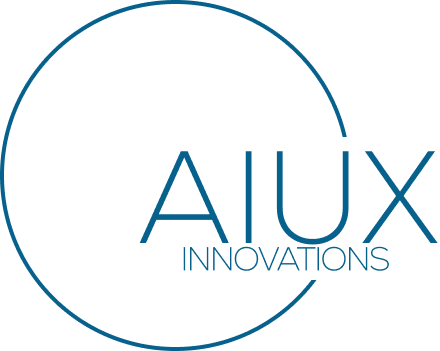The airline industry has long been driven by efficiency, safety, and scale. However, in an age where consumers expect hyper-personalized experiences, Unique Personal Preferences (UPP) offers a new frontier for delivering tailored, passenger-first services. Airlines can create seamless, customized journeys that enhance loyalty and satisfaction by leveraging individual preferences.
What is UPP in the Airline Industry?
Unique Personal Preferences (UPP) in air travel refers to tailoring every aspect of the passenger experience—from booking to in-flight service and beyond—based on individual needs and expectations. This approach draws from diverse data sources, including:
- Booking history and loyalty program data.
- Travel behavior and preferences (e.g., aisle seat, vegetarian meals).
- Real-time contextual factors include travel companions, weather conditions, or destination-specific requirements.
- Feedback and interactions via apps, chatbots, or customer service.
UPP transforms traditional segmentation into a more granular, dynamic understanding of each traveler, resulting in personalized offerings at every touchpoint.
Applications of UPP in Airlines
Personalized Booking Experience
-
- Booking platforms can recommend flights, seating options, and amenities based on past travel history and preferences.
- Travelers might receive exclusive offers tailored to their loyalty status, typical destinations, or even preferences for red-eye or daytime flights.
Dynamic Pricing and Upgrades: UPP enables airlines to offer upgrades or add-ons tailored to the traveler’s habits and budgets:
-
- Business travelers might be offered last-minute upgrades to premium seats or access to quiet lounges.
- Families traveling together could receive package deals for priority boarding or seat selections.
In-Flight Personalization: UPP could redefine the in-flight experience:
-
- Entertainment systems could automatically suggest movies, music, or games based on a passenger’s past selections.
- Food and beverage services could cater to dietary preferences or allergies without needing a pre-order.
- Cabins might be adjusted for individual needs like temperature, lighting, or additional legroom.
Seamless Travel Assistance
-
- Real-time alerts on gate changes, delays, or baggage status can be tailored to the traveler’s preferred communication method (e.g., app notifications or SMS).
- Assistance for connecting flights, such as faster security lanes or transport between terminals, could be customized for tight layovers.
Destination-Specific Services: Upon arrival, airlines can enhance the passenger journey through tailored services:
-
- Recommendations for hotels, car rentals, or tours based on travel history.
- Suggestions for cultural events or local experiences aligned with personal interests.
Loyalty Program Enhancements: Loyalty programs can be transformed with UPP:
-
- Personalized offers and rewards, such as access to partner networks or exclusive upgrades, based on frequent travel patterns.
- Milestone tracking and unique rewards for specific achievements, like completing a bucket list destination.
Benefits of UPP in the Airline Industry
- Enhanced Customer Loyalty: Travelers are likelier to remain loyal to airlines that anticipate and cater to their unique needs.
- Increased Revenue: Personalized offers for upgrades, add-ons, and ancillary services drive higher conversion rates.
- Improved Operational Efficiency: UPP insights can help optimize resource allocation, from meal planning to boarding processes.
- Differentiation in a Competitive Market: Personalization becomes a key differentiator in an industry where fares are often similar.
Challenges in Implementing UPP
Data Integration
For UPP to work effectively, airlines must unify data from multiple systems (CRM, loyalty programs, operational data) into a cohesive platform.
Privacy and Security
Passengers are sensitive about sharing personal information. Airlines must ensure compliance with data protection laws and foster trust through transparency.
Scalability
Offering personalized experiences at scale, particularly during peak travel seasons, requires robust AI and machine learning systems.
Cultural Sensitivity
Airlines must account for cultural differences in preferences and communication styles, especially for international travelers.
Future of UPP in Airlines
The airline industry’s adoption of UPP will likely intersect with emerging technologies such as:
- Biometric Authentication: Streamlining check-in, security, and boarding processes using facial recognition and fingerprint scanning tied to passenger preferences.
- IoT Integration: Smart baggage tags that provide real-time updates on luggage location or automated cabin systems that adapt to passenger preferences.
- AI-Driven Insights: Advanced AI could predict passenger preferences even before they are explicitly stated, offering hyper-relevant services.
Unique Personal Preferences (UPP) offer airlines unprecedented opportunities to redefine the travel experience. Airlines can turn routine journeys into memorable adventures by tailoring services to the individual, fostering deeper connections with their passengers.
As the industry evolves, the airlines embracing UPP will set the standard for modern air travel—making the journey as enjoyable as the destination. The sky is no longer the limit; it’s just the beginning.
